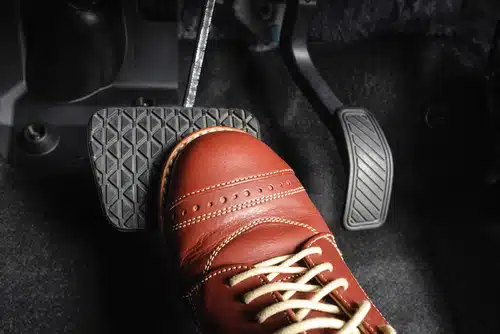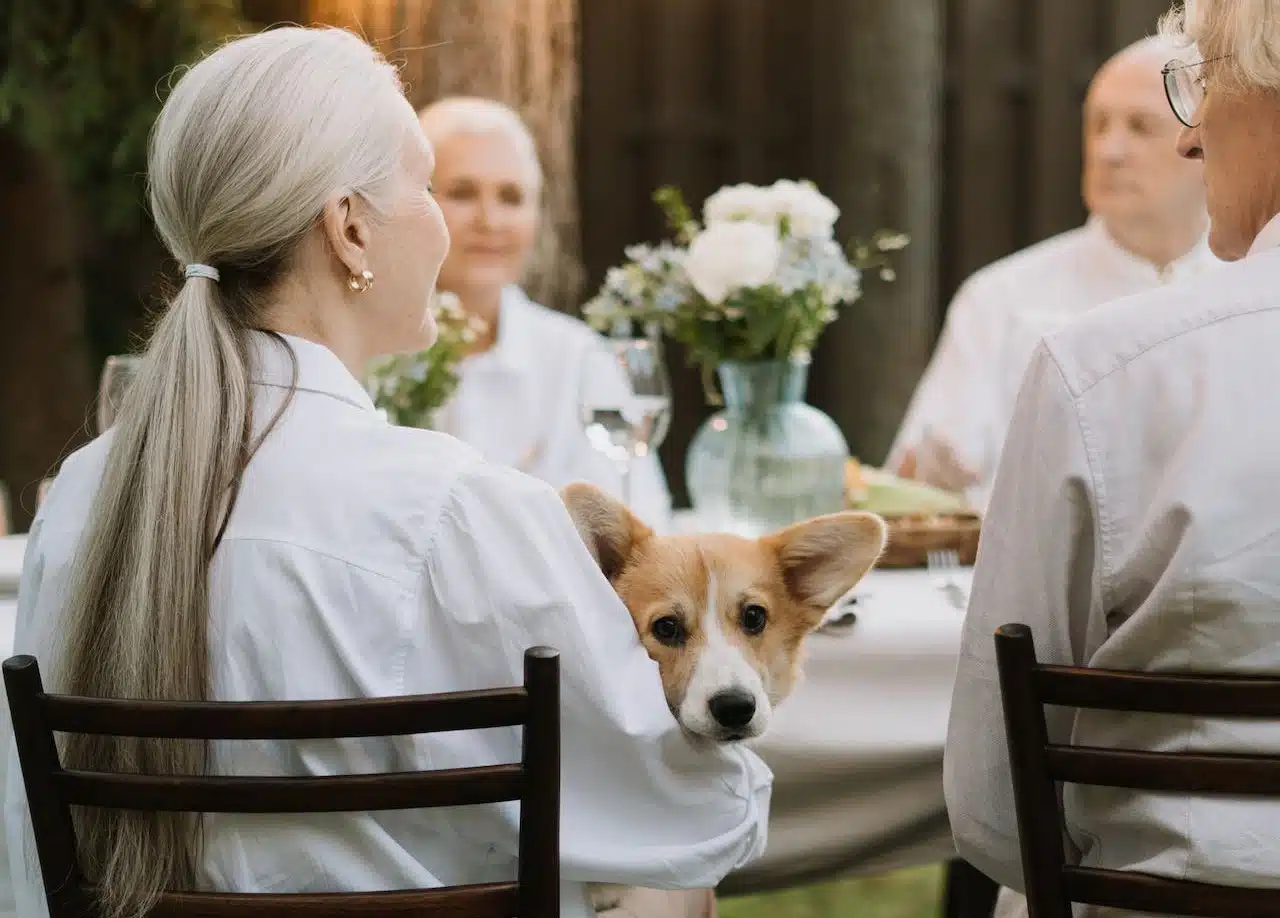Home » Blog » Pet » Pet Health & Safety » Why Do Dogs Eat Grass Then Throw Up?
Categories
Tags
animal welfare
breed profile
buying a car
buying a pet
Car
car accessories
car care
car features
car insurance
Car safety
car sales
car service
cat
cat behaviour
cat body language
Cat Breeds
cat food
cat insurance
comprehensive car insurance
Dog
Dog Behaviour
dog body language
Dog Breeds
dog food
Dog Insurance
dog training
eco friendly cars
Kitten
New Car
pet accessories
pet activities
Pet Adoption
pet breeders
pet days of the year
pet fun stuff
Pet Health
pet insurance
pet parenting
Pet Safety
pet services
Puppy
rescue pets
road safety
road trip
safe driving
Recent Blog:
Facebook Posts
7 days ago
Are intestinal worms setting up camp in your dog’s gut without paying rent? Here’s how to spot the main culprits and get rid of them too:![]()
![]() Preventing, Identifying and Treating Intestinal Worms in Dogs - bit.ly/43YjCKu
... See MoreSee Less
Preventing, Identifying and Treating Intestinal Worms in Dogs - bit.ly/43YjCKu
... See MoreSee Less
Preventing, Identifying and Treating Intestinal Worms in Dogs
www.pd.com.au
Intestinal worms, such as roundworms in dogs are one of the least glamorous topics on the planet. These intestinal parasites that basically use our dogs
PD Insurance
with Dogs West.
1 week ago
We enjoyed meeting #breeders #doglovers and members at the Dogs West Open Day. Special thanks to our partner Dogs West for organising an incredible event. There is still time to enter our pawsome competition. Click here for details: bit.ly/4covyce![]() #PDinsurance #dogswestopenday #dogswest
... See MoreSee Less
#PDinsurance #dogswestopenday #dogswest
... See MoreSee Less
1 week ago
Did you know? The Manx is a breed that is known for its lack of a tail, which is caused by a genetic mutation.
... See MoreSee Less
Why do dogs eat grass and weeds and then throw up? It’s an age old question. Granted they don’t throw up all the time but this is often the case. Is it fun for them? Does grass taste nice (but then why throw it up)? Are dogs salad fanatics or just taste-testing?
Since many Aussie dogs seem committed to keeping up with this carb-rich diet, PD Insurance has decided to unpack the why, how and what of dogs eating grass.
If your dog is mowing the lawn for food or you’re simply curious then take a look at the potential risks and rewards of a dog eating grass.
Table of contents

Does a dog eating grass mean anything?
Does a dog eating grass mean anything out of the ordinary? After all, our dogs routinely eat strange things besides grass with very little ceremony.
Think about it… Dogs often seem content taking the occasional whiff and then taste of pooch poop (why!?). Then of course there’s also the more mundane things they like to eat. Like socks, homework, the odd shoe, kids’ toys, electrical cables – wait a minute!
Now might be a good time to mention our guide to puppy teething and puppy proofing your house to prevent electric shocks and other dangers. After all we’re all about responsible dog ownership.
Now with the above bookmarked, let’s move on… Does a dog eating a few weeds and fronds of grass mean much of anything? As a matter of fact it can indicate a range of dog health needs. Let’s unpack this further.

Have dogs evolved to eat grass?
Dogs became our carb-loving besties over thousands of years of human-dog coevolution. The history of dogs shows they were the first mammal ever to become domesticated! That’s why the contemporary pup is generally able to have the odd French fry, tortilla or slice of buttered toast.
You might be interested to know this has been made possible by starch-processing genes that dogs developed by eating a range of human foods. Even though wolves are dogs’ closest living relatives they don’t have these genes. As dogs became our BFFs we ultimately changed their habits, diet and even their biology.
Wolves on the other hand have a gastrointestinal (GI) system that’s designed to eat mainly raw meat. In other words by eating grass dogs might just be doing what they’ve evolved to do, which is to eat more fibre and carbs.
Now let’s delve into potential solid reasons your dog eats a bit of grass.

What are the three reasons your dog eats grass?
Although there’s no certain reason for dogs eating grass, there are several possible reasons that indicate it could be beneficial.
Provided your dog eats weeds and grasses only occasionally and without too much fuss then it could be perfectly normal and potentially healthful.
Here are three benefits dogs may derive from eating grass:
- Improves digestion. The fibre-rich diet may help regulate and improve digestion
- Detox. Eating grass may help flush out harmful substances and parasites such as intestinal worms
- Enjoyment. Vets and scientists believe some dogs like the taste, while it could also be entertaining
High-in-fibre diets tend to be good for human health so perhaps our furkids are onto something. Read about dog gut health and the pros and cons of a raw food diet.
The general rule of thumb is to keep an eye on how often, how much and how frantically your dog is eating grass. If they’re flushing out something bad they’ve eaten then eating grass and vomiting may do the job.
Sometimes though it may be something more serious that requires a helping hand. More on that below.

Why dogs eat grass then throw up
Dogs routinely seem to eat grass and then throw up. Could it be this is the reason for eating grass – to make themselves throw up?
Research shows that 79% of dogs eat grass and only 22% throw up afterwards. This shows that eating grass isn’t always linked to throwing up and isn’t the only reason dogs do it. Though it is one of them.
The occasional frond of lawny snack is fine but if it becomes an obsessive activity then there could be an underlying health concern.
🌿 Underlying health considerations
Obsessive compulsive disorder in dogs can of course become a health issue in its own right but usually it results from an upset, whether physical or psychological. Separation anxiety in pets, for example, or expelling a foreign object.
Although your dog might just be getting rid of a mild tummy upset, if they’re vomiting it could also be gastro.
Further, make sure it’s actually grass that your pet is eating. If they appear to be eating other weeds and plants be sure they’re not toxic plants for dogs.
🌿 Changes in behaviour
Thankfully dogs eating grass is a common behaviour and generally not associated with illness. However you should watch out for any sudden increase in grass intake and vomiting.
Also keep a lookout for other physical changes. For example, did your dog used to eat grass and throw up every once in a while but now it’s becoming routine? Is your dog suddenly pooping way more often than normal? Are they eating grass frantically? Have they stopped eating as much food or as regularly or are they suddenly eating more?
These are all warning signs that something might be amiss with their health.

Do dogs eat grass and throw up when they are sick?
All your dog’s behaviour is a way of them communicating their needs and state of health and wellness with you. Any behavioural changes together with your dog eating grass could point to an underlying illness. This could be inflammatory bowel disease, pancreatitis, gastroenteritis, or something else.
Signs to look out for include:
- Vomiting
- Diarrhoea
- Weight loss
- Excessive drooling or lip-licking
- Decreased appetite
- Changes to your dog’s fur (which can also be indicative of Cushing’s disease)
If your champion shows any of these symptoms and is also eating grass, he or she could be proactively trying to self-medicate. This could signal that it’s time to consider checking in with your vet.
They know your dog’s health history and will be able to help assess whether it’s good old normal dog behaviour. Or whether some added medical attention is needed for a soft landing.
As you can see a dog eating grass can often be harmless but can sometimes require a vet check up.
Did you know that grass seed infection in dogs and cats is not only possible but can be quite serious. Read this ‘True or False: Grass Seeds Can Cause Severe Infections in Pets‘ article to learn more.

A low carb diet plan
If you’re concerned about your dog’s grass eating habits then consider giving them wheatgrass for dogs instead.
Wheatgrass for dogs is sometimes also called pet grass. It grows well as a porch plant and doubles as a fresh source of gluten-free fibre for a foraging snout. It also packs health benefits like enzymes, vitamins and minerals, but be sure to use chemical-free soil.
As we all know dogs will try eating things outside of their safe space. If your dog is eating weeds, grass and a whole bunch of other stuff outside of dog food then read our article Can Dogs Eat…? for a range of answers on what’s safe and what’s not.
If you’d like to learn more about dog diets see this list of commonly asked questions and click through for the answers:
- Can dogs eat grapes?
- Can dogs eat vegemite
- Is rawhide bad for dogs?
- Pros and cons of raw food diet for dogs
- Eco friendly dog food
- Xylitol and dogs
- Household items that are bad for pets
- Things that can poison your pet
- Safe and fun ways to spoil your dog this Christmas (i.e. without food-based treats!)
Besides giving your dog the diet and love they deserve there’s another way to safeguard them…
Is pet insurance worth it?
If you’re asking this question it’s worthwhile remembering that underlying GI conditions don’t always present symptoms right away. Left unchecked these can lead to more serious complications that eventually require hospitalisation.
Acting upfront to cover vet visit costs can do more than save money, it can help put your mind at ease and keep your bestie safe. It’s valuable to have dog insurance to cover pooch for vet visits, medication and hospitalisation for conditions that aren’t pre-existing.
Get one or more months of award winning pet insurance with PD insurance. Click below to get a quote.
Share On:




